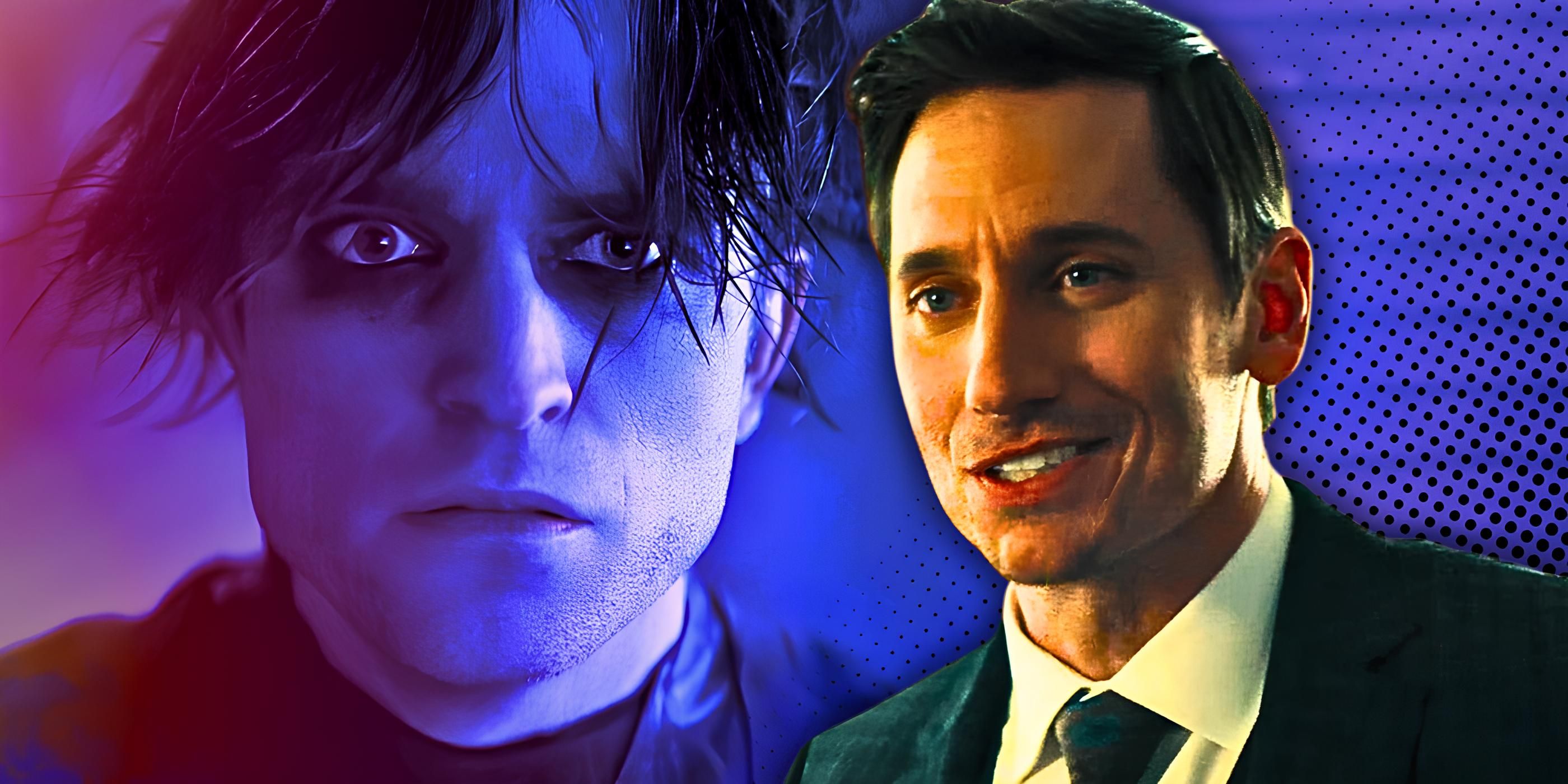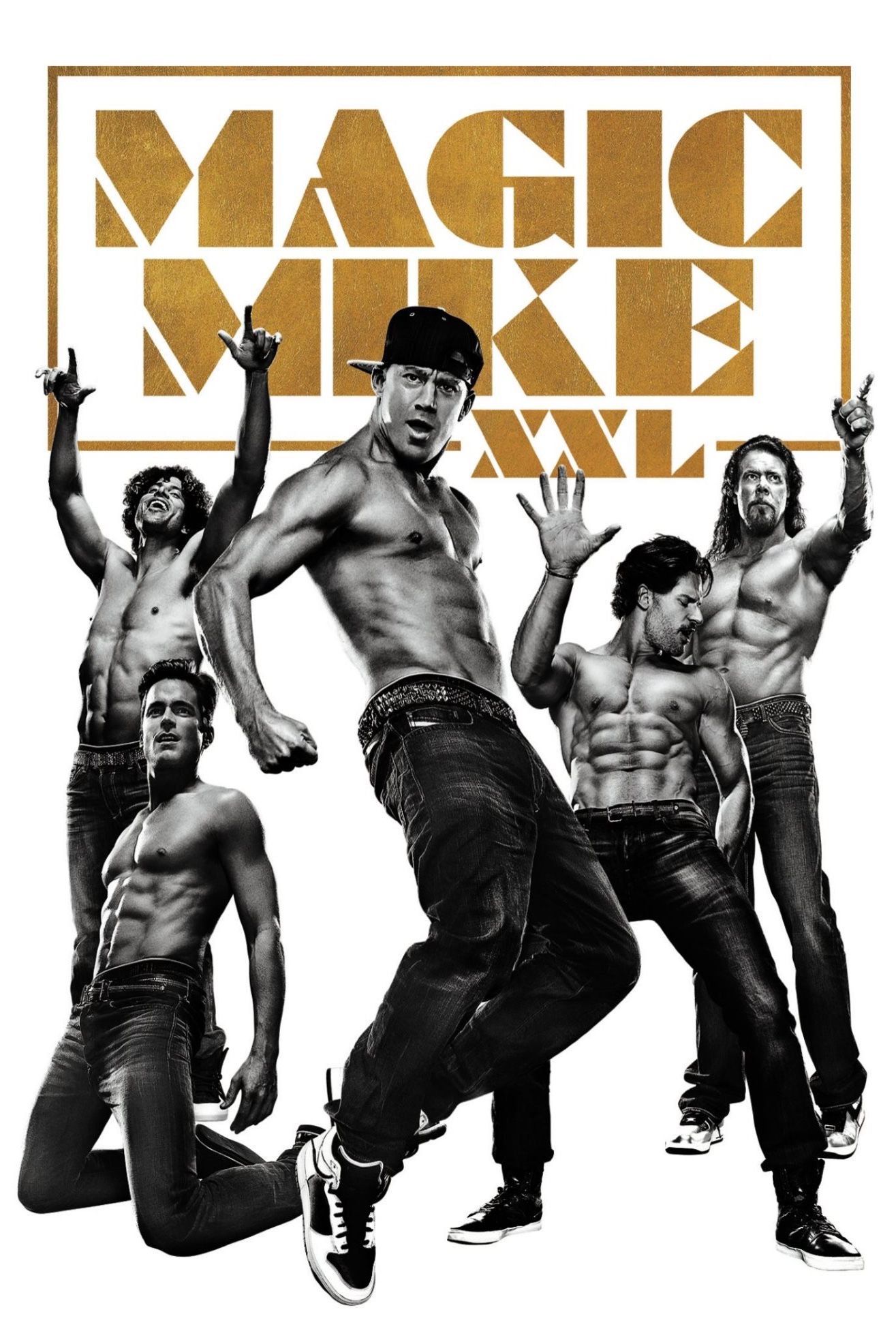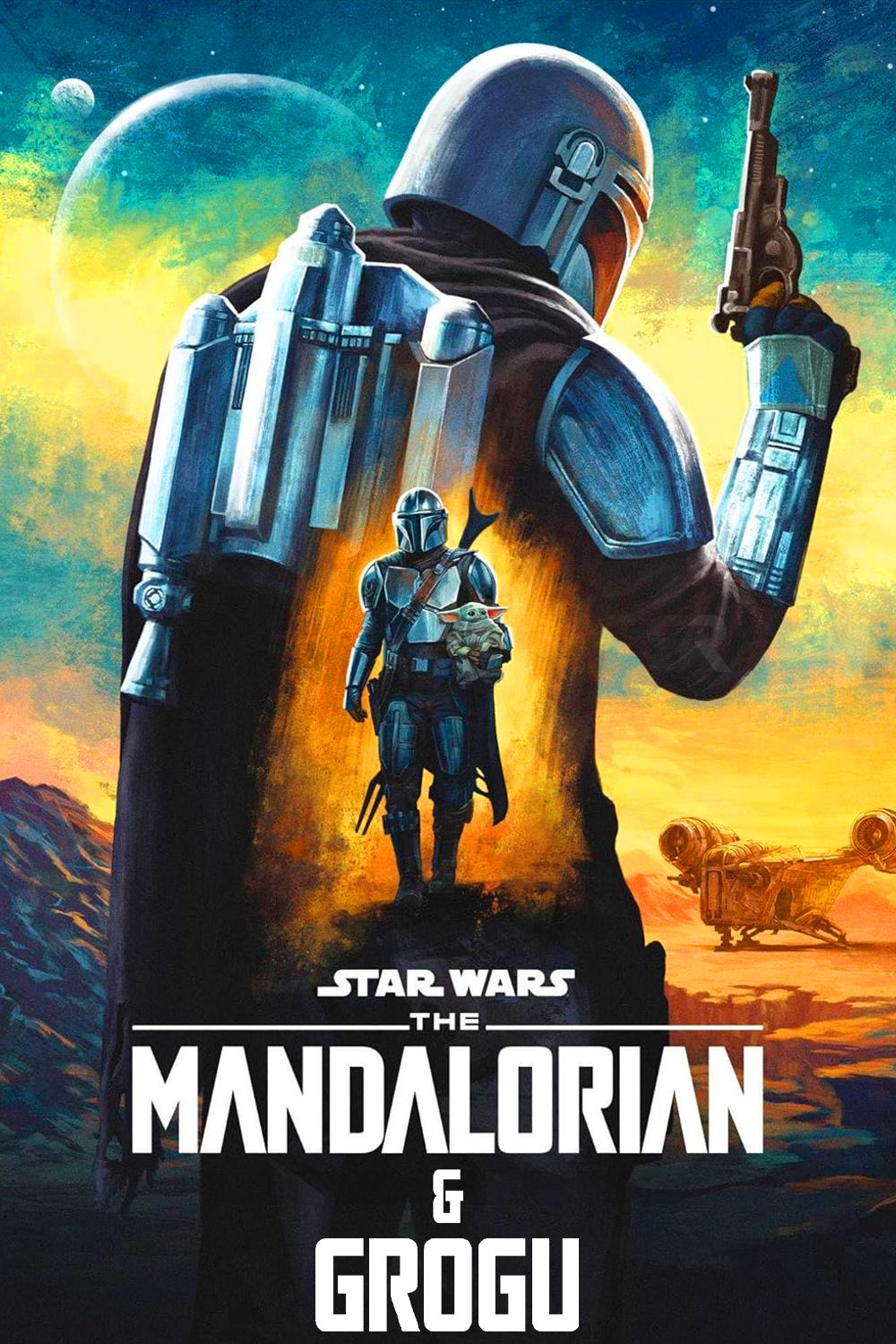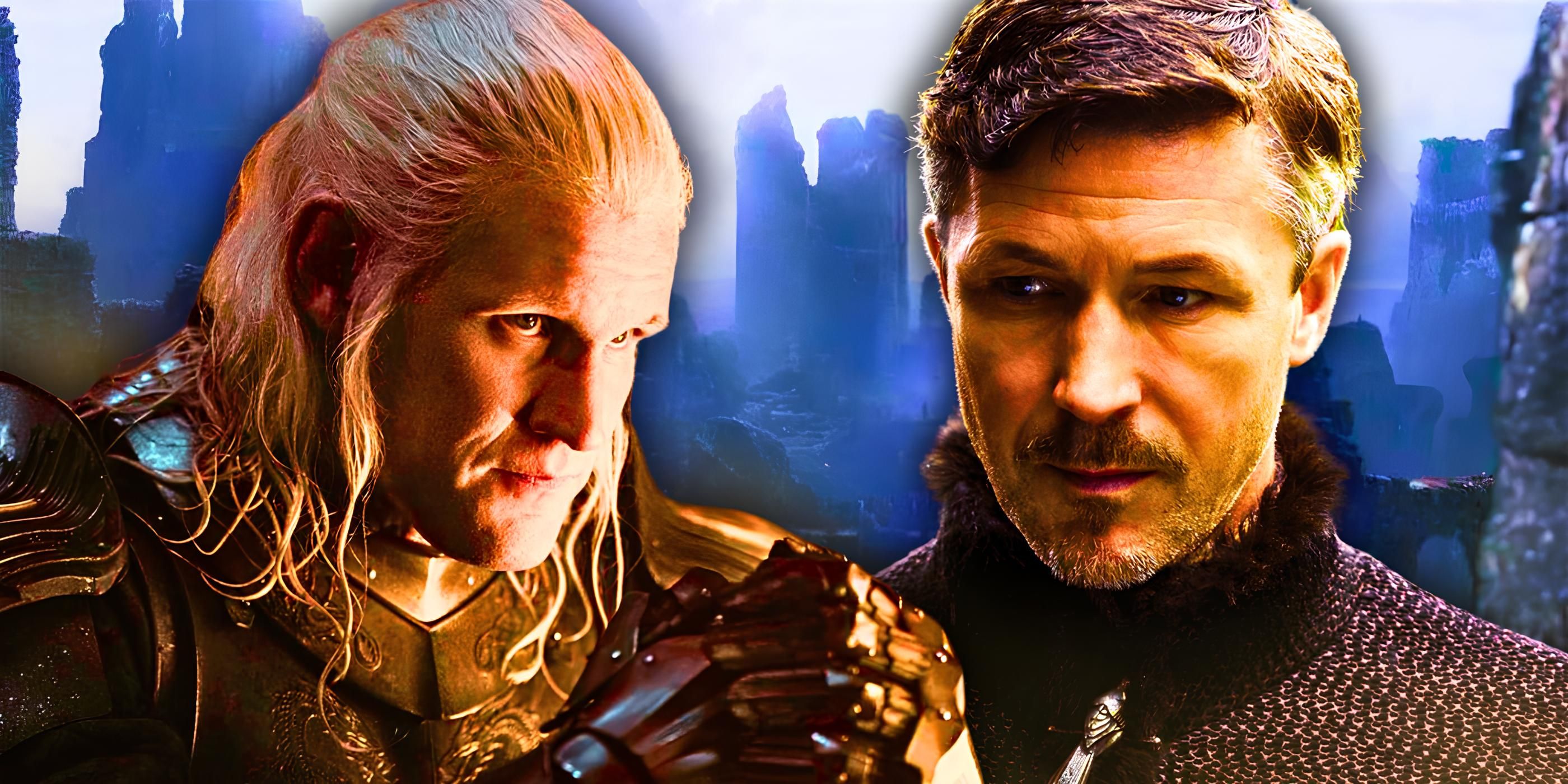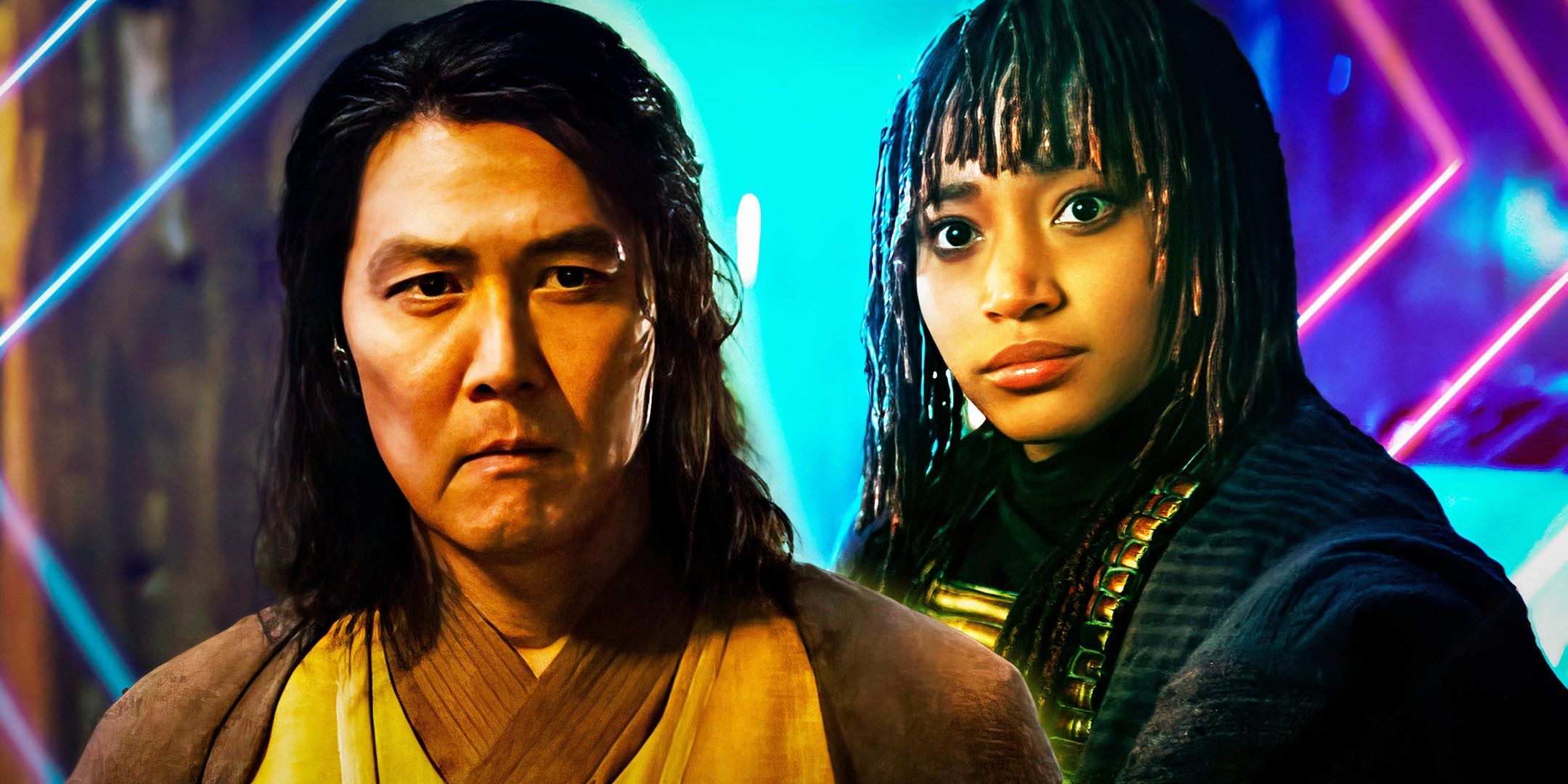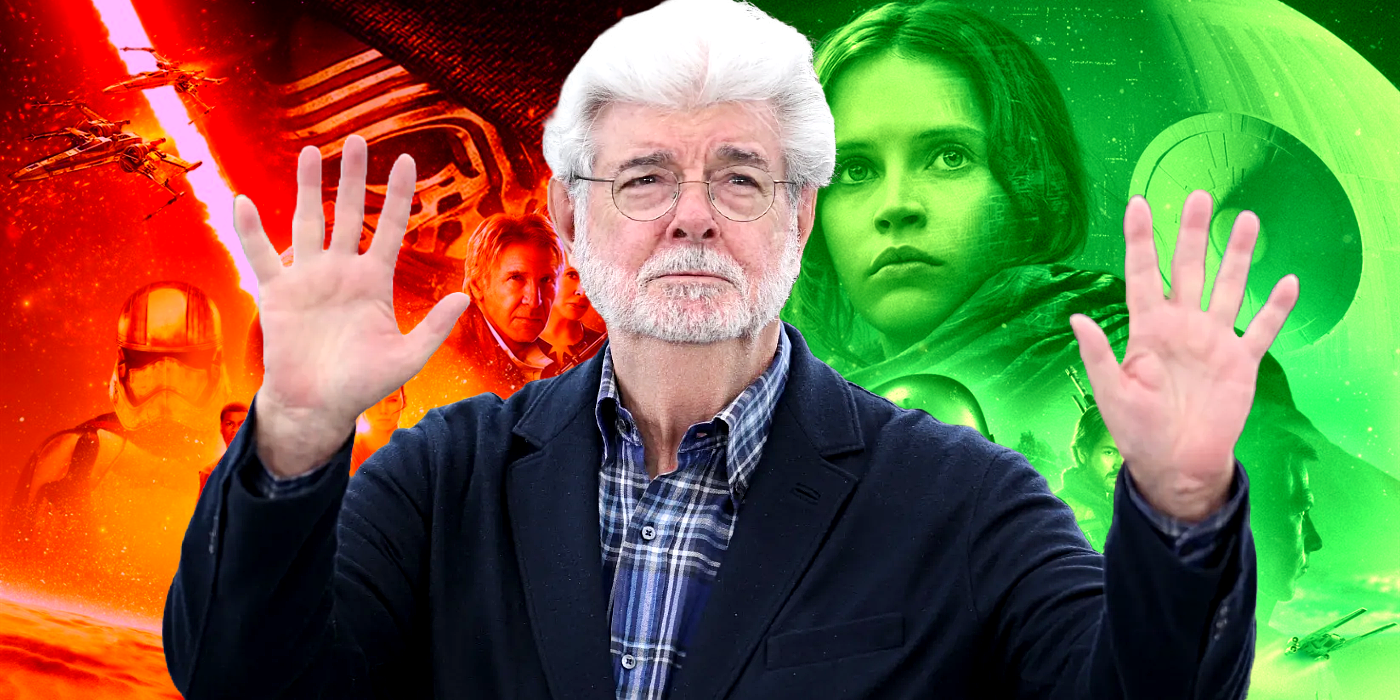Though 1982’s Blade Runner has an iconic cast led by the legendary Harrison Ford, when the story was first optioned to become a film in 1968, the potential cast looked much different, and in particular, Philip K. Dick wanted this rock star to play this pivotal role. Blade Runner is a sci-fi film based on a novel by Philip K. Dick entitled “Do Androids Dream of Electric Sheep?” Since 1982, the film has expanded into a significant franchise, with a sequel film, Blade Runner 2049, released in 2017.
In 1968, author Philip K. Dick published his novel “Do Androids Dream of Electric Sheep?” That same year, his book was optioned for a film adaptation, and as it turned out, Dick had several ideas for who he wanted to play his characters. He wrote an essay in which he made his thoughts and opinions on a potential film adaptation known. Although Dick’s Blade Runner casting choices weren’t used, since the film was not made for another 14 years, his preferences are still quite interesting to look at, especially when it comes to casting Rachael.
Philip K. Dick Wanted Jefferson Airplane’s Grace Slick To Play Rachael In Blade Runner
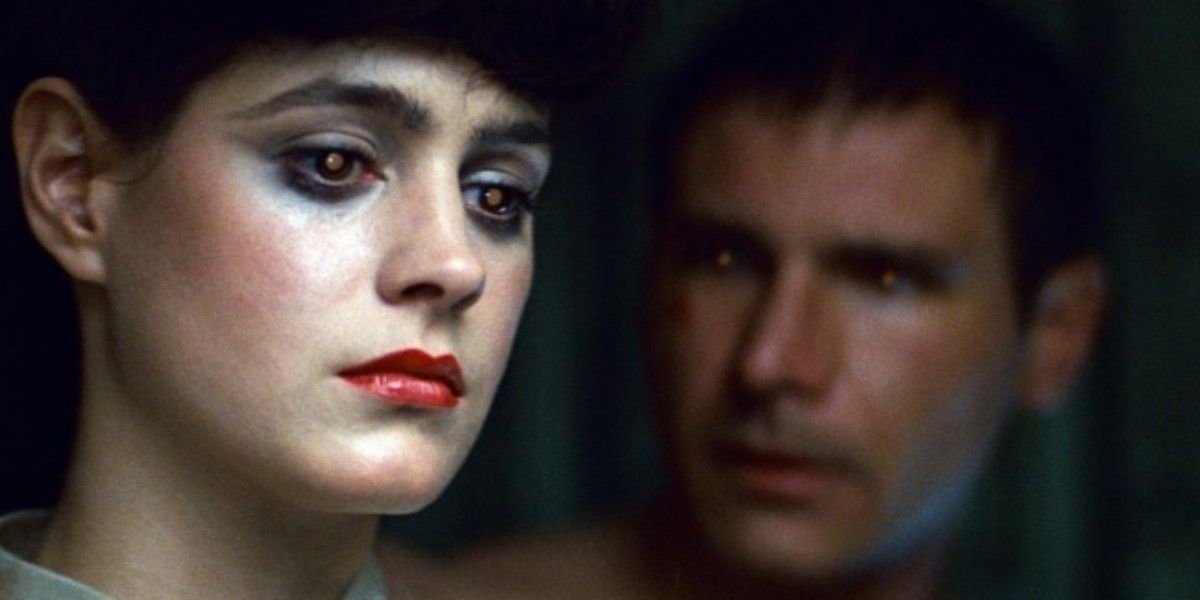
One of the most intriguing opinions Philip K. Dick had about casting the Blade Runner movie was that he wanted Grace Slick to play Rachael. In the movie, Rachael is the assistant of replicant creator Eldon Tyrell, and also, is a replicant that believes she is human. The film’s main character and replicant Rick Deckard falls in love with Rachael, and saves her from being killed at the end of the movie. In terms of casting Rachael, Dick stated that bringing in “a vibrant, hard girl like Grace Slick,” would benefit the film.
Grace Slick is an artist and musician that rose to fame during the psychedelic period of the 1960s and 1970s. Her career took off when she began playing in the band Jefferson Airplane, then the spinoff groups Jefferson Starship and Starship. In 1968, when Dick wrote his essay, Grace Slick had only recently joined Jefferson Airplane, but had made waves with songs like “White Rabbit” and “Somebody to Love.” Not only was she a talented musician, but she was also an outspoken activist against racial inequality. Ultimately, Slick was the energized character that Dick imagined her to be.
Dick’s Choices For Rick Deckard Included Gregory Peck & Ben Gazzara
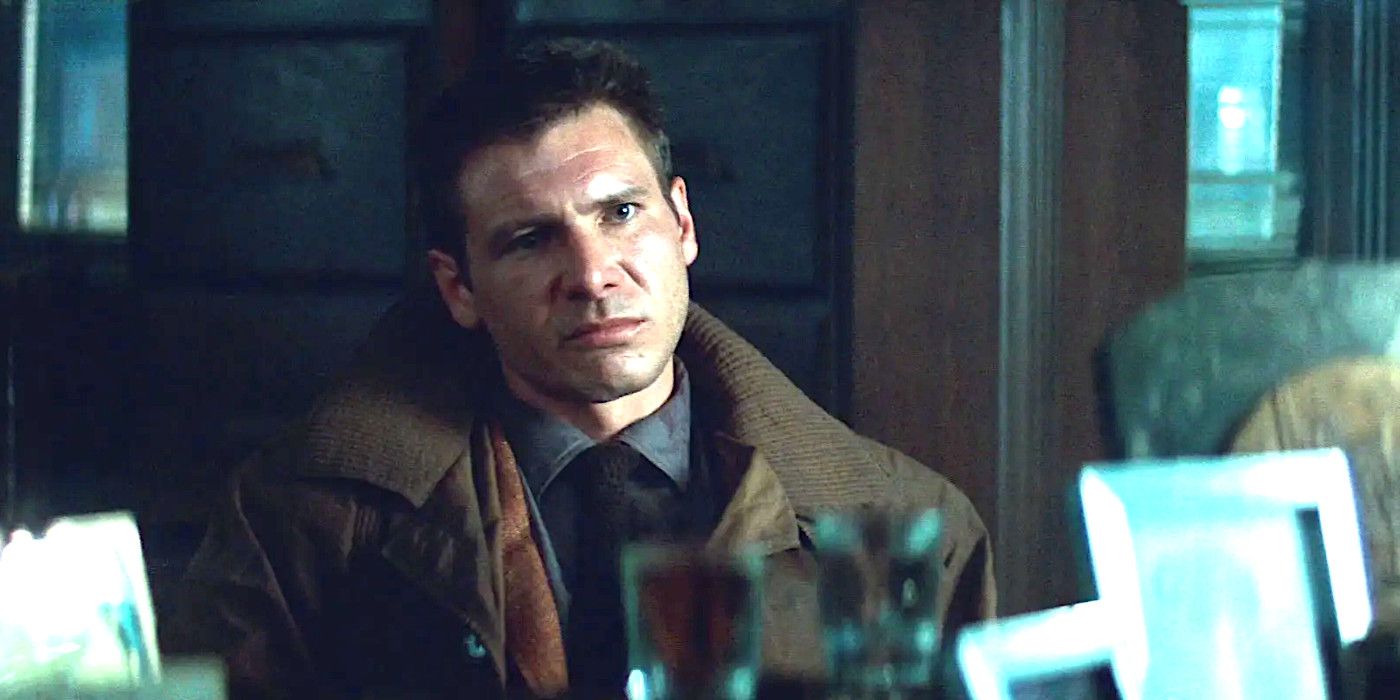
Rachael wasn’t the only character that Philip K. Dick suggested casting for. When it came to the film’s leading man, the author pointed out Gregory Peck or Ben Gazzara to take on the role of Rick Deckard. Dick described Peck as “powerful and sensitive and wise,” while Gazzara was “bold, and a man of action.” Along with these names, Dick also mentioned Richard Widmark and Martin Balsam, however according to Dick, each actor would bring a different sort of Deckard to the table.
Although Blade Runner was ultimately made in 1982, if it had been adapted sooner, an actor like Gregory Peck likely would have been a strong candidate. By 1968, Peck had built an impressive career for himself, having starred in iconic films like The Keys of the Kingdom, Moby Dick, Roman Holiday, and To Kill A Mockingbird. Like Harrison Ford, Peck was handsome and known to play leading men and heroes. Therefore, Dick’s choice of Peck as Rick Deckard is quite strong, and likely would have happened if the movie had been made sooner.
Dean Stockwell Was Also Among Philip K. Dick’s Blade Runner Casting Choices
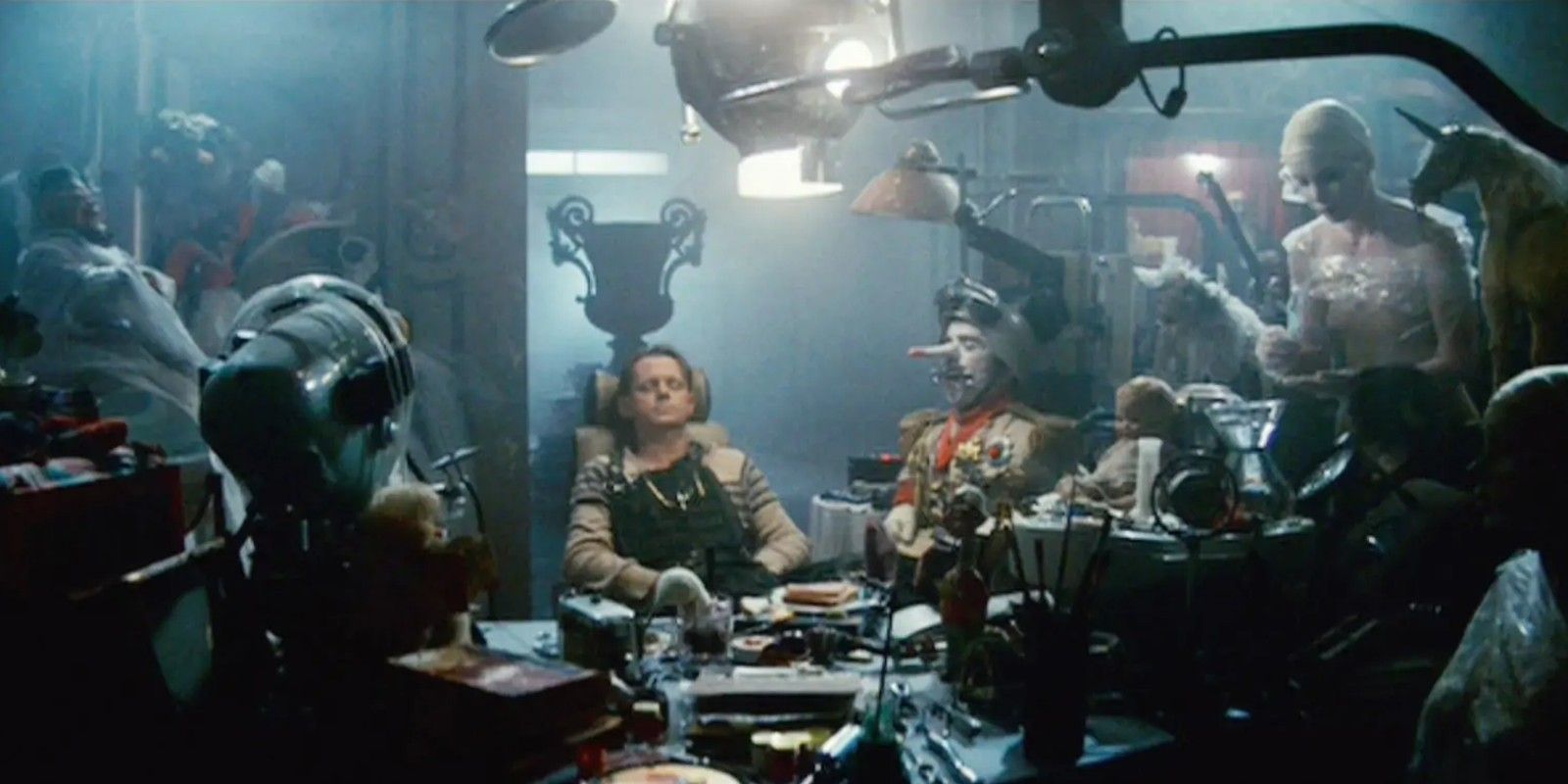
Another character Philip K. Dick attempted to cast was Jack Isidore, later known as J.R. Sebastian in 1982’s Blade Runner. Dick had two actors in mind: Dean Stockwell and Wally Cox. Of Stockwell, Dick said that the actor would make Isidore “sensitive and an introvert.” Meanwhile, he joked that Wally Cox would simply make Isidore Wally Cox. What made Isidore’s casting just as important as Deckard’s was that Dick considered whether the film should follow Deckard or Isidore as the protagonist. Dick reasoned that Isidore might make for a naive and corny main character, however, Deckard’s heartlessness would need to be explained immediately in the film.
What Other Notes Philip K. Dick Made For Blade Runner
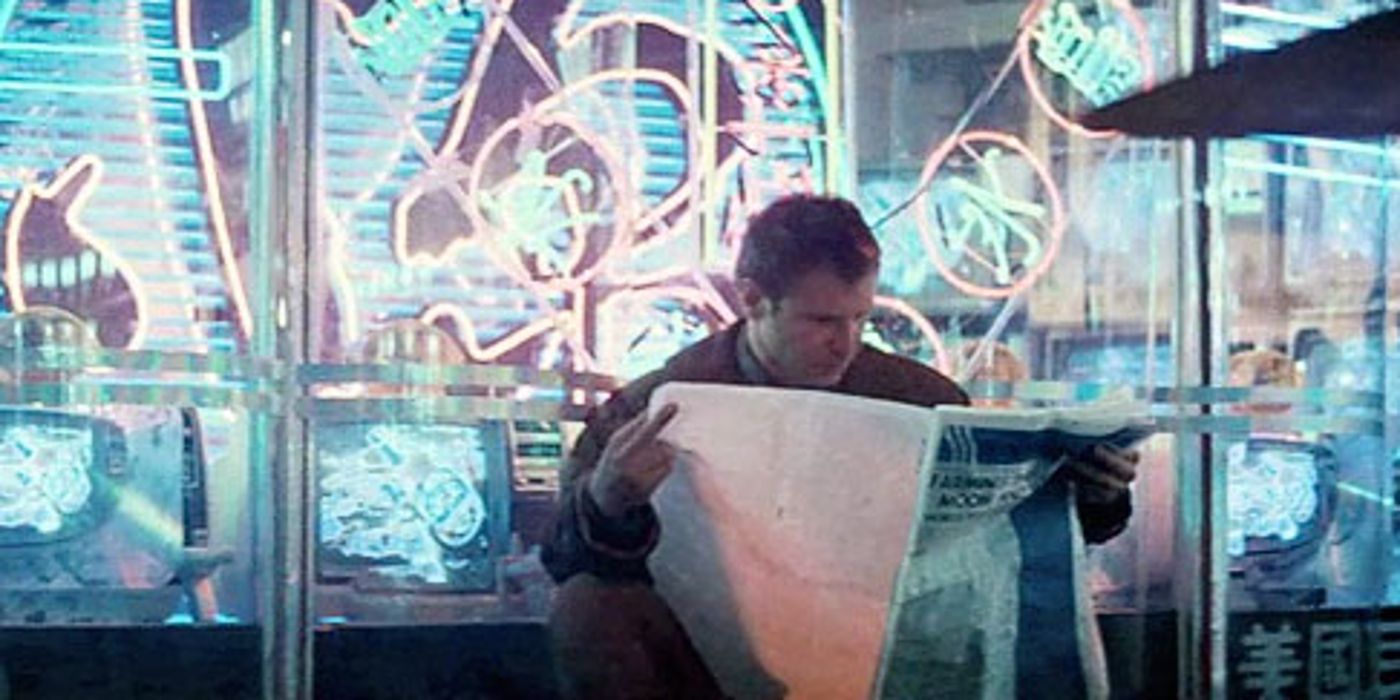
Aside from casting, Philip K. Dick made many thoughtful suggestions for Blade Runner. Along with the question of whom the film would follow, Dick also suggested two different Rachaels to emphasize the different sides she shows to Deckard and Isidore. Furthermore, Dick noted that certain bits of his novels could be cut for the film, the movie should play up the oddities of the society, and that more sex could be included to emphasize the questions of human/android relations. Overall, Dick’s commitment to making a good adaptation that is both accurate and creative is an amazing feat, and his essay is proof that those behind book-to-movie adaptations often have the best intentions.
